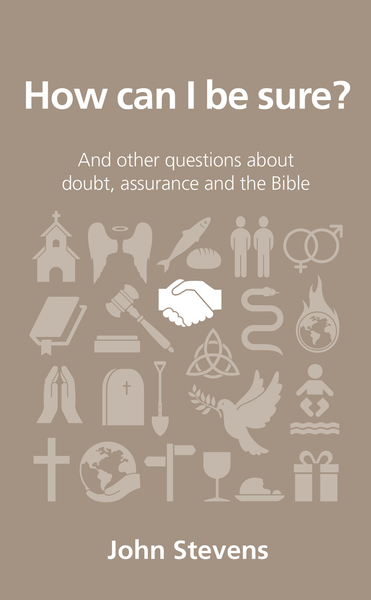
Anyone who has been a Christian for any length of time will have experienced the pain of seeing people who had professed faith stop believing in Jesus. When I was at university, my Christian Union was very encouraged because a first-year student went forward at an evangelistic event and said she had become a Christian. A few weeks later she said she wasn’t a Christian after all. Last year I was preaching at a church and met the ex-wife of a man who had seemed to be wonderfully converted. Having been a committed Christian and church member for several years, he tragically announced that he was no longer a believer and was leaving his wife.
The first thing we should do when our friends fall away is to pray for them and seek to share the gospel with them again, urging them to come back to Christ. They may be suffering a temporary crisis of faith, but even if they turn away for a long time, we should not give up hope for the possibility of their salvation. They may be as bewildered as everyone else is at their decision to renounce their faith, and value some help in unpicking the reasons why they have changed their thinking. But they still need to trust in Jesus as Lord just as much as anyone else who is not professing faith. We should continue to love them and demonstrate to them the truth of the gospel in our own life (see Jude v 22).
Second, we should not be surprised or think that God has failed them in some way. The Bible warns us that people will fall away, and reassures us that this is ultimately their own responsibility and not because God has let them down. If they never turn back to faith, we can be sure that they were never true believers in the first place.
Third, we should make every effort to strengthen and protect our own faith. Satan wants us to worry that perhaps our own faith will fail, but God wants us to do the things that will help us to keep believing: praying, reading his word, gathering with fellow believers for mutual encouragement, and serving him. Perhaps we can learn from those things that contributed to them falling away from the faith. We should use the experience to reflect on what our own faith is based on.
Fourth, if seeing our friends fall away from the faith causes us to realise that we are struggling with doubts of our own, we ought to seek help from others to make sure that our doubt does not turn into unbelief. In the same way that seeing a friend diagnosed with cancer might prompt us to take our own symptoms seriously and finally visit a doctor, so the fall of others might prompt us to face up to the seriousness of our situation and seek help.
How can I be sure? is part of the best-selling Questions Christians Ask series. It is available here or from The Good Book Company website.